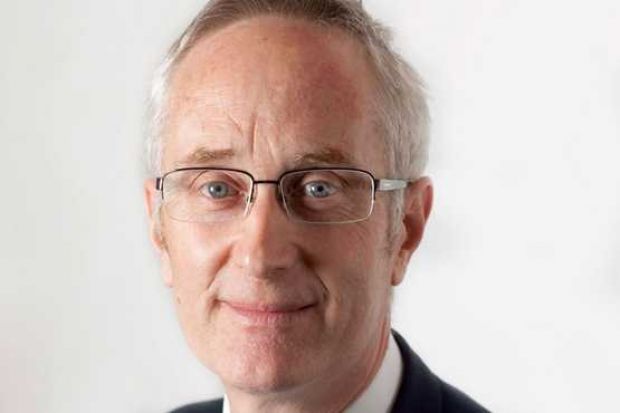There are potential risks as well as benefits from government plans to introduce more private providers into English higher education and there should not be a “flood” of new entrants, according to the man selected to chair the sector’s powerful new regulator.
Sir Michael Barber, the chief education adviser at Pearson, chosen by ministers to chair the planned Office for Students, made the comments to MPs on the House of Commons education committee at his pre-appointment hearing on 21 February.
The OfS, to be created under the Higher Education and Research Bill currently making its way through Parliament, will have the aim of creating a market in the sector. The body will take responsibility for allowing new providers into the sector by granting degree-awarding powers and university title.
Sir Michael, who was a senior adviser on education and head of the Prime Minister’s Delivery Unit in Tony Blair’s government, said that a “big vision” for the future of English higher education was needed and that it was “part of my job to set that”.
“The vision is a university sector [where] we set up the domestic market, as it were, so that we can be leading in the global market; that our institutions continue to thrive; that they continue to punch way above their weight globally in research terms – and that will need debate with UKRI [the new research body]; that the quality of teaching improves; and that we really crack this relationship between academic standards and employability,” Sir Michael said.
Sir Michael argued that having a “more coherent system for allowing new entrants to come into the market” would be “in the interests of students”.
Labour MP Lilian Greenwood asked Sir Michael about the damning National Audit Office report on the government’s failure to control public spending at for-profit colleges during the last wave of private expansion, when “high dropout rates and problems with ineligible student claims” resulted. The bulk of colleges that grew the fastest used Higher National courses awarded by Pearson.
Sir Michael did not refer to the NAO report on England, but referred to the US, where there have been scandals over poor quality for-profit providers benefiting from public funding.
He said that there could be “providers who are ineffective or financially unsound or, even [as in] one or two cases in the US, blatantly dishonest in what they are claiming to offer students”
“I’m not saying any of that applies to Britain now, but I am saying there are risks…That’s why I think you have to have a high bar, a rigorous process and not think that we’re going to have a flood of new entrants into the market in the near future. This is a job for the long run.”
Sir Michael said the bill’s plans for the OfS to grant degree-awarding powers on a probationary basis – heavily criticised by some – are “a very good way into this”, as students “will know there’s an element of risk for them”.
The education committee will report on Sir Michael’s suitability for the appointment with Justine Greening, the education secretary, making the final decision.
Register to continue
Why register?
- Registration is free and only takes a moment
- Once registered, you can read 3 articles a month
- Sign up for our newsletter
Subscribe
Or subscribe for unlimited access to:
- Unlimited access to news, views, insights & reviews
- Digital editions
- Digital access to THE’s university and college rankings analysis
Already registered or a current subscriber? Login








